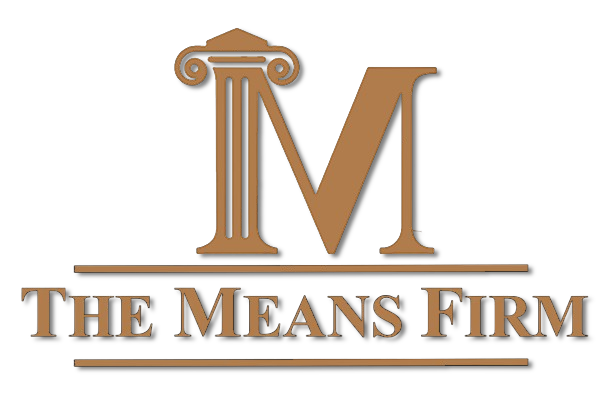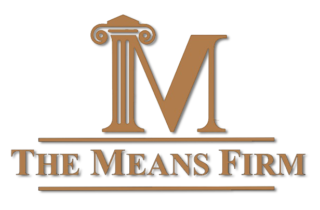Practice AreasBankruptcy
Non-Court Dispute Resolution
Divorce and other family law disagreements can often be unnecessarily expensive and stressful if they reach the courtroom. Non-Court Dispute Resolution (Alternative Dispute Resolution or ADR) can reduce the time and cost for everyone and has other benefits such as increased privacy and the avoidance of protracted court proceedings. Family law is all we do.
Bankruptcy
Statistics suggest that many consumers face substantial financial pressures related to credit card debt, medical bills and loss of income.
There are federal laws enacted to give consumers debt relief and a fresh start from these substantial financial pressures. There is protection from foreclosures, evictions, lawsuits and harassment from creditors regarding payment of debts.
Our firm handles Chapter 7 and Chapter 13 Bankruptcy. If you believe you need a fresh start, please contact Means Gillis Law, P.C. for a free consultation.
What is Chapter 7 Bankruptcy?
A chapter 7 bankruptcy case is a proceeding under federal law in which the debtor seeks relief under chapter 7 of the Bankruptcy Code. Chapter 7 is that part (or chapter) of the Bankruptcy Code that deals with liquidation. The Bankruptcy Code is a federal law that deals with bankruptcy. A person who files a chapter 7 case is called a debtor. In a chapter 7 case, the debtor must turn his or her nonexempt property, if any exists, over to a trustee, who then con-verts the property to cash and pays the debtor’s creditors. In return, the debtor receives a chapter 7 discharge, if he or she pays the filing fee, is eligible for the discharge, and obeys the orders and rules of the bankruptcy court.
What is Chapter 13 Bankruptcy?
A chapter 13 bankruptcy case is a proceeding under federal law in which the debtor seeks relief under chapter 13 of the Bankruptcy Code. Chapter 13 is the chapter of the Bankruptcy Code which allows a person to repay all or a portion of his or her debts under the supervision and protection of the bankruptcy court. The Bankruptcy Code is the federal law that deals with bankruptcy. A person who files a chapter 13 case is called a debtor. In a chapter 13 case, the debtor must submit to the court a plan for the repayment of all or a portion of his or her debts. The plan must be approved by the court to become effective. If the court approves the debtor’s plan, most creditors will be prohibited from collecting their claims from the debtor. The debtor must make regular payments to a person called the chapter 13 trustee, who collects the money paid by the debtor and disburses it to creditors in the manner called for in the plan. Upon completion of the payments called for in the plan, the debtor is released from liability for the remainder of his or her dischargeable debts.
How Does a Chapter 13 Differ from a Chapter 7?
The basic difference between a chapter 7 case and a chapter 13 case is that in a chapter 7 case the debtor’s nonexempt property (if any exists) is liquidated to pay as much as possible of the debtor’s debts, while in chapter 13 cases a portion of the debtor’s future income is used to pay as much of the debtor’s debts as is feasible under the debtor’s circumstances. As a practical matter, in a chapter 7 case the debtor loses all or most of his or her nonexempt property and receives a chapter 7 discharge, which releases the debtor from liability for most debts. In a chapter 13 case, the debtor usually retains his or her nonexempt property, but must pay off as much of his or her debts as the court deems feasible and receives a chapter 13 discharge, which is slightly broader than a chapter 7 discharge and releases the debtor from liability for a few types of debts that are not dischargeable under chapter 7. However, a chapter 13 case normally lasts much longer than a chapter 7 case and is usually more expensive for the debtor.


